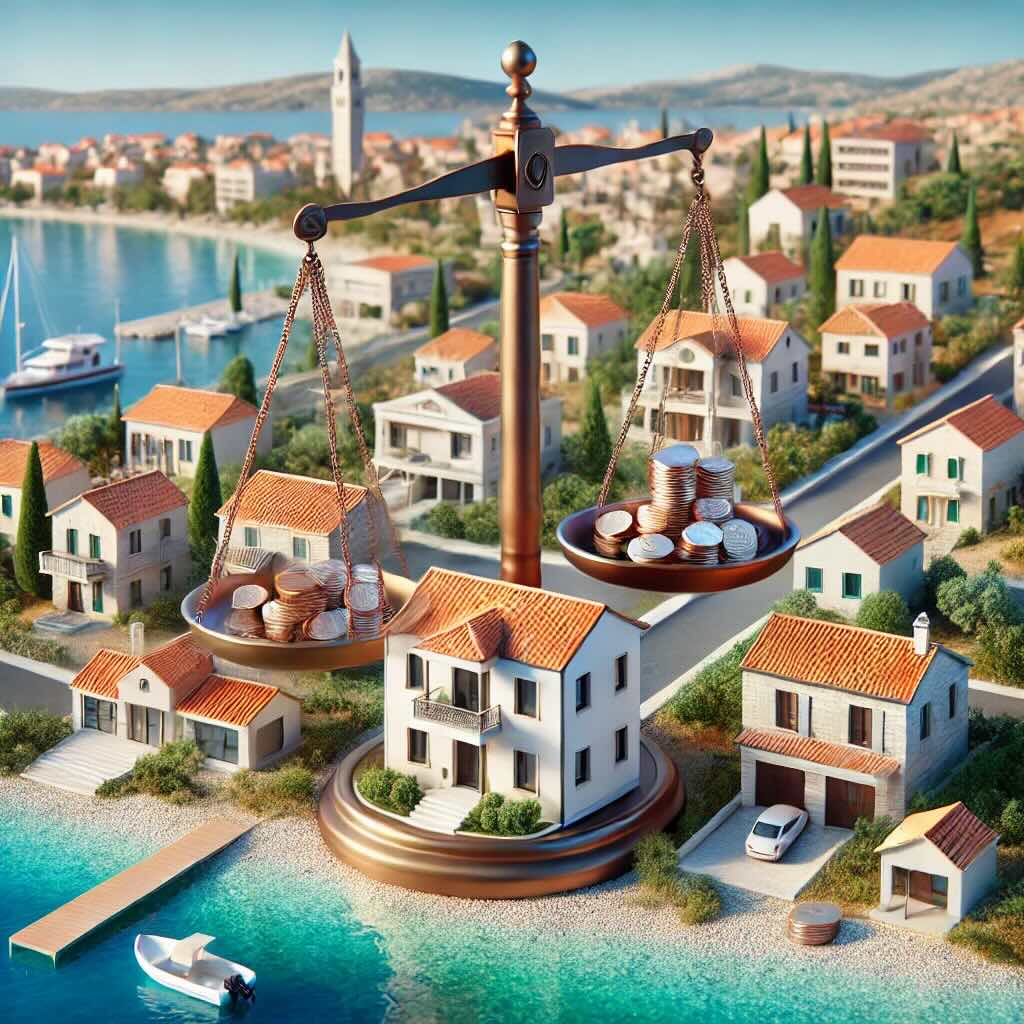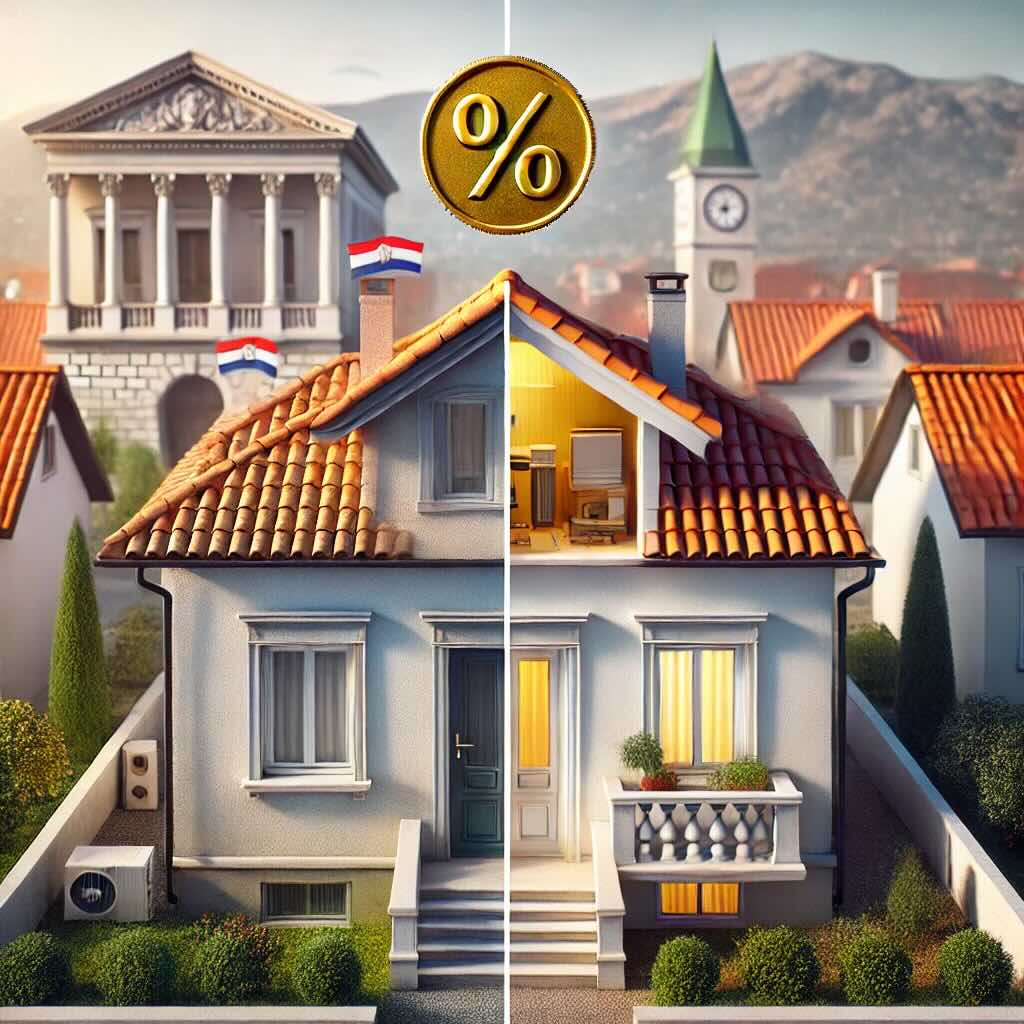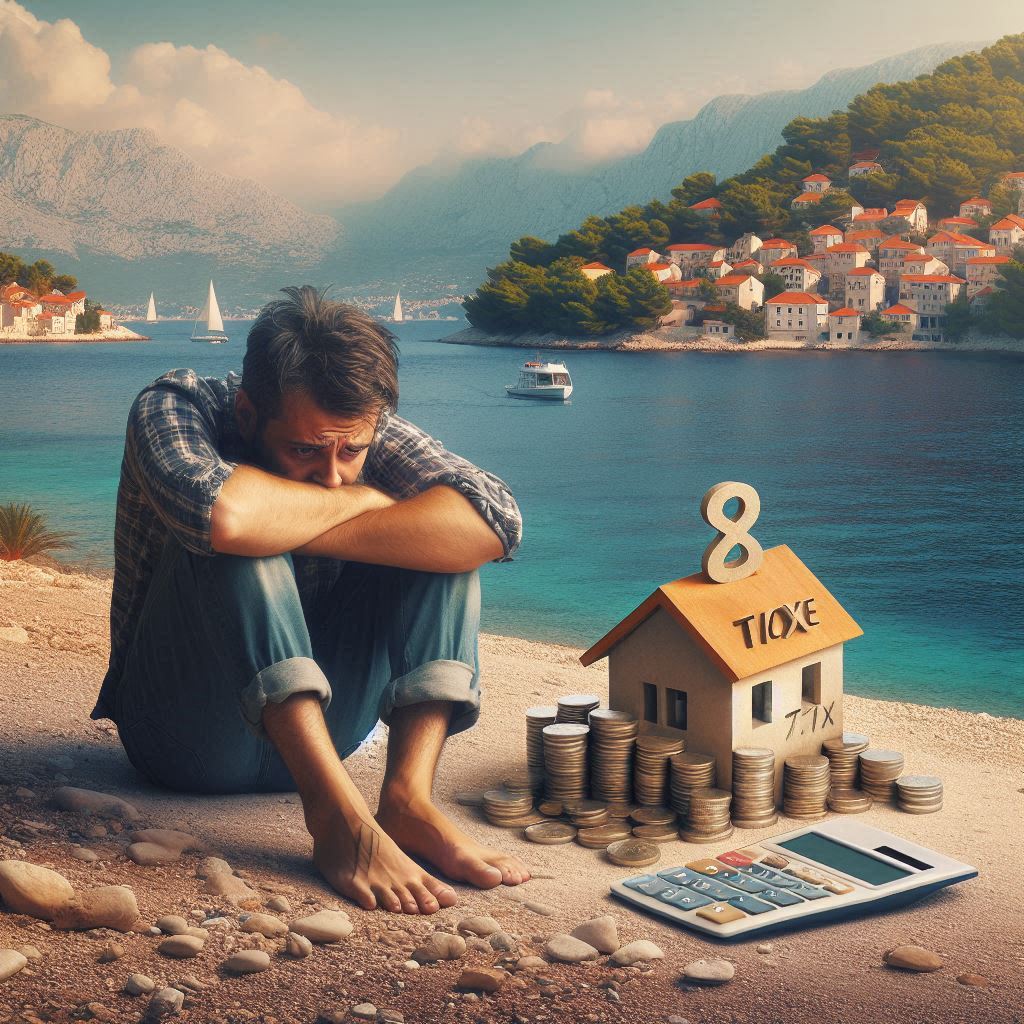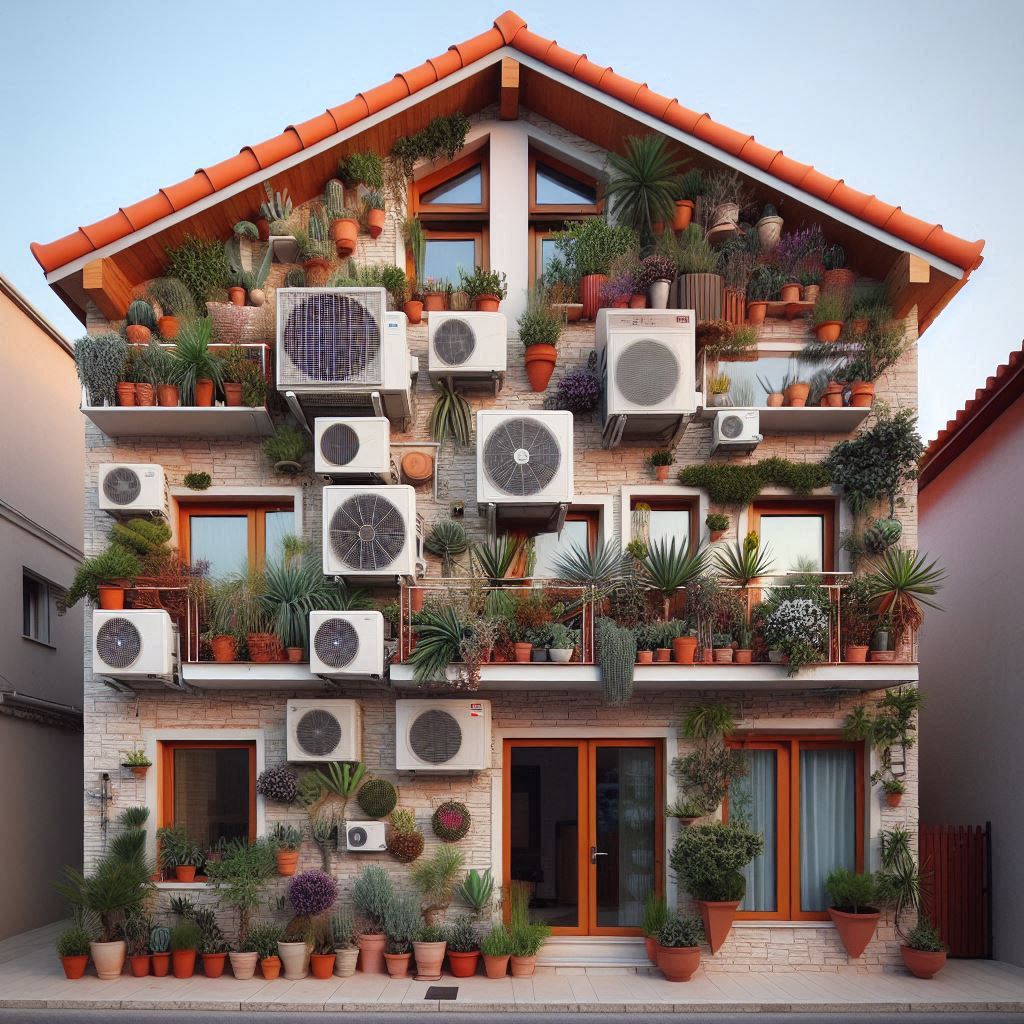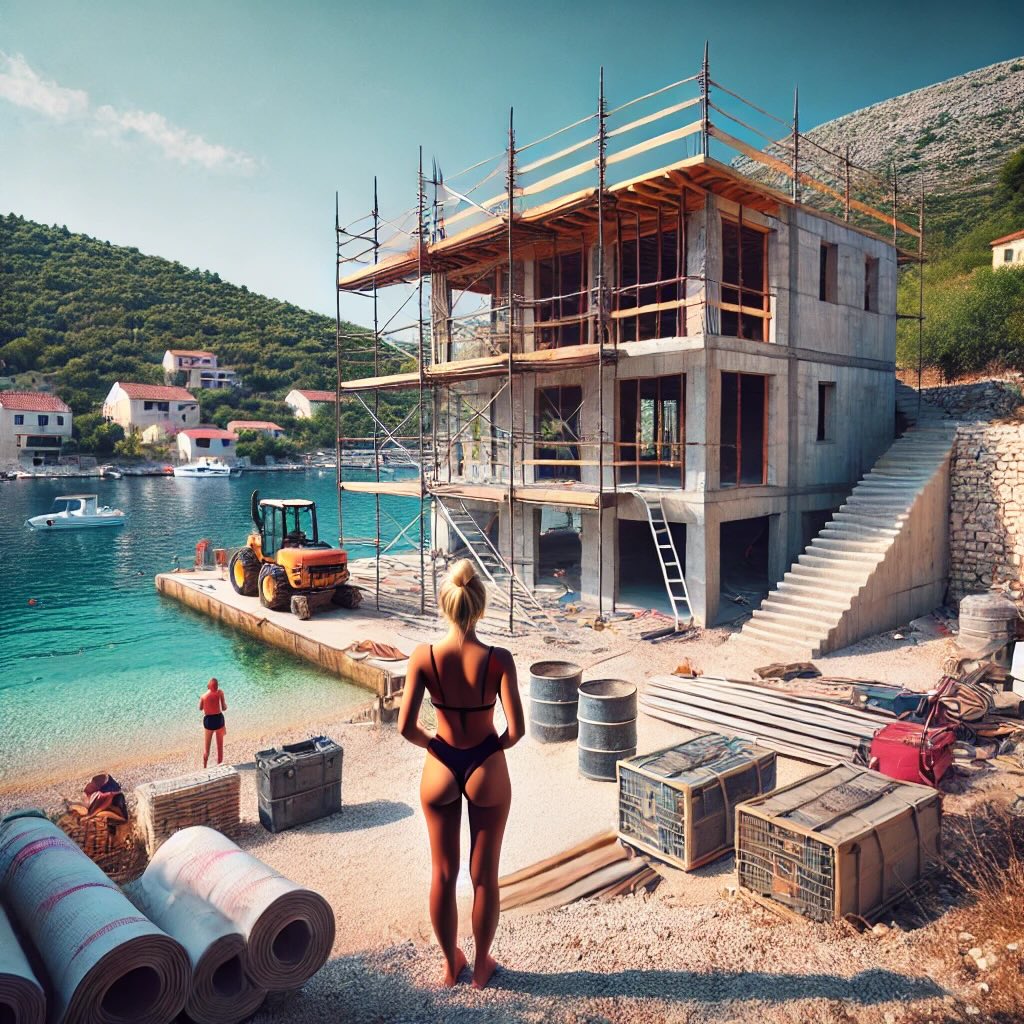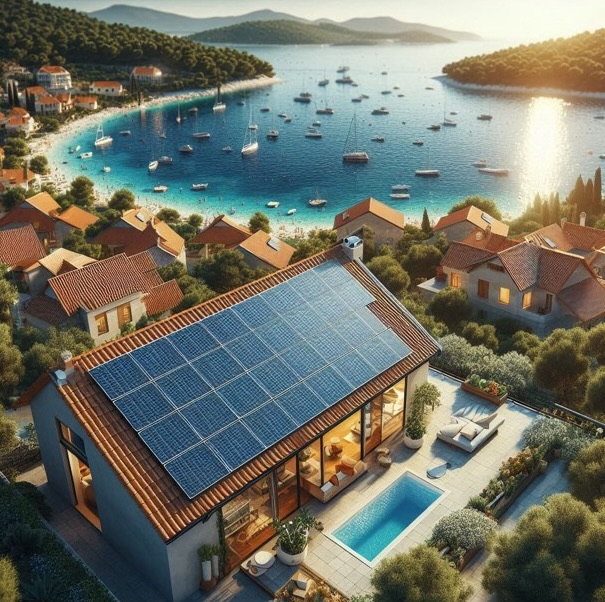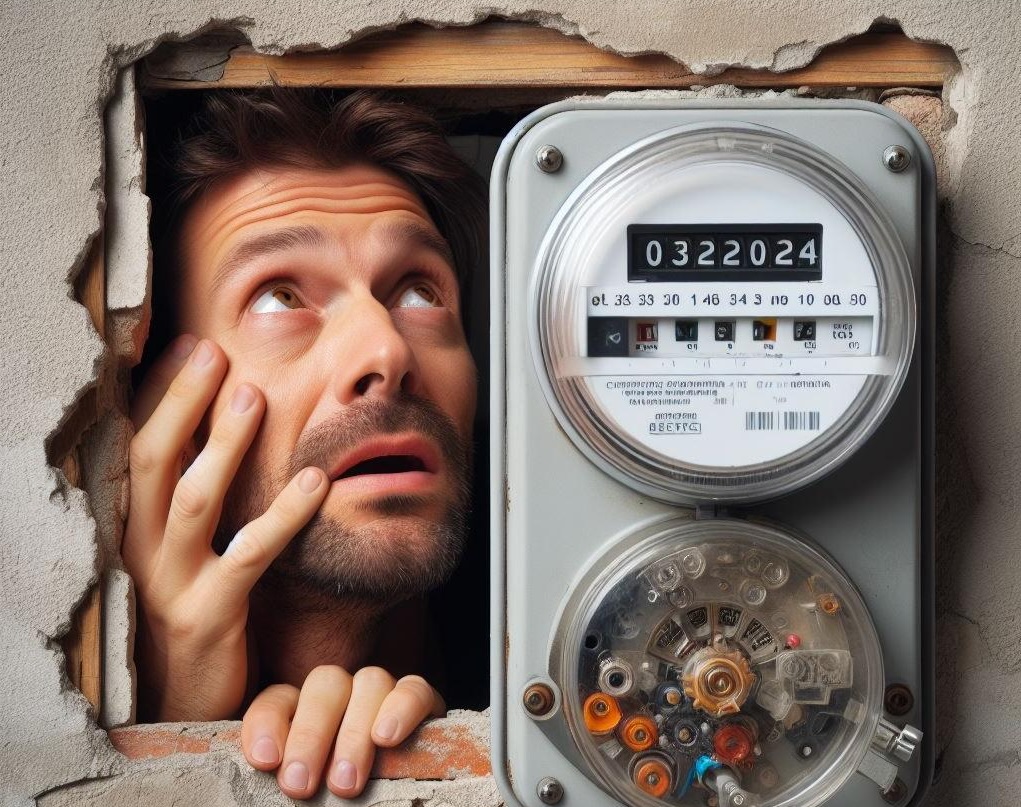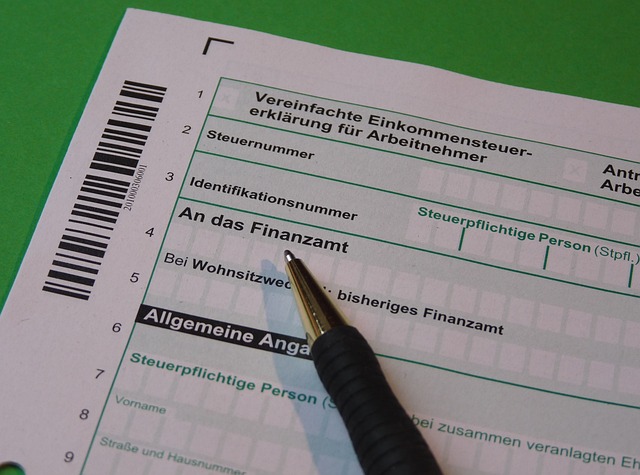
Analysis and Market Trends of Real Estate Prices in Croatia After the Transition from Kuna to Euro: The Impact of Inflation on Croatian Properties and Comparison with European Metropolises
The real estate market in Croatia, particularly along the Adriatic coast, has undergone dramatic changes in recent years. The transition from the Croatian kuna to the euro, which took place at the beginning of 2023, along with high inflation, has significantly impacted real estate prices. This article focuses on an in-depth analysis of these influences and compares real estate prices in Croatia with other European countries, such as Germany and the Czech Republic.Transition from Kuna to Euro: Macroeconomic Consequences
Croatia adopted the euro as its national currency on January 1, 2023, marking a significant milestone in its economic history. This move was expected to stabilize the economy and bring greater confidence to foreign investors. However, the short-term effects of the euro transition included an increase in inflation, which had already been accelerating in previous years. According to the Croatian Bureau of Statistics, inflation between 2020 and 2023 reached a cumulative growth of 38%, partly due to rising energy and construction material prices.Impact on the Real Estate Market
Real estate prices in Croatia have been steadily rising since the onset of the COVID-19 pandemic, but the euro transition and inflation have further accelerated this growth. This increase has been particularly notable in coastal areas such as Zadar, Split, and the Makarska Riviera, where new construction prices have outpaced not only inflation but also the growth of average incomes. Between 2020 and 2023, new construction prices rose by more than 50%, far exceeding inflation and presenting new challenges for potential buyers.Comparison with Other European Markets
To better understand the situation in Croatia, it is useful to compare the rise in real estate prices with other European countries. For example, in Germany, which traditionally represents a stable real estate market, property prices increased by approximately 25% between 2020 and 2023, which is significantly lower than in Croatia. For instance, in the Czech Republic, where the real estate market is also experiencing dynamic growth, prices increased by about 30% over the same period. This difference can be attributed to several factors, including differences in local economic stability, land availability, and the level of foreign demand.Increased Fee Burden and Impact on the Domestic Population
The rise in real estate prices in Croatia has a direct impact on the availability of housing for the local population. The average price of an apartment in the main coastal cities now ranges between 150,000 and 250,000 euros, which significantly exceeds the means of many local residents, particularly young families. This trend is similar to what is seen in metropolitan areas such as Prague, Berlin, Paris, and other European metropolises, where real estate prices in city centers have practically pushed the middle class to the suburbs.The transition of Croatia to the euro, combined with high inflation, has led to a dramatic increase in real estate prices, especially in coastal areas. This growth is among the most significant in the European context and presents substantial challenges for both local residents and foreign investors. Comparisons with markets such as Germany and the Czech Republic show that the Croatian market is under extremely high pressure, which could have long-term impacts on housing availability and the overall economic stability of the country.
In the coming years, it will be crucial to monitor how the Croatian real estate market evolves in response to these changes, and whether price growth stabilizes or continues in its current trend.
















